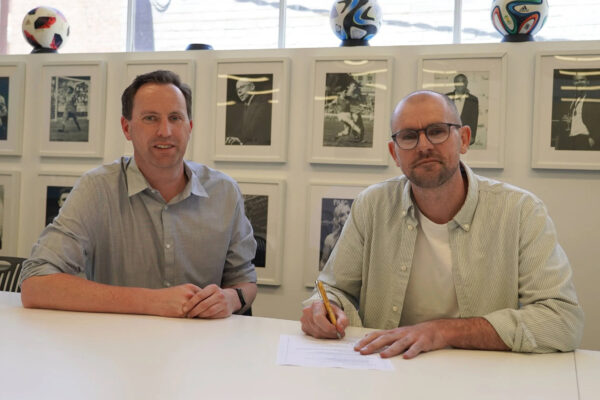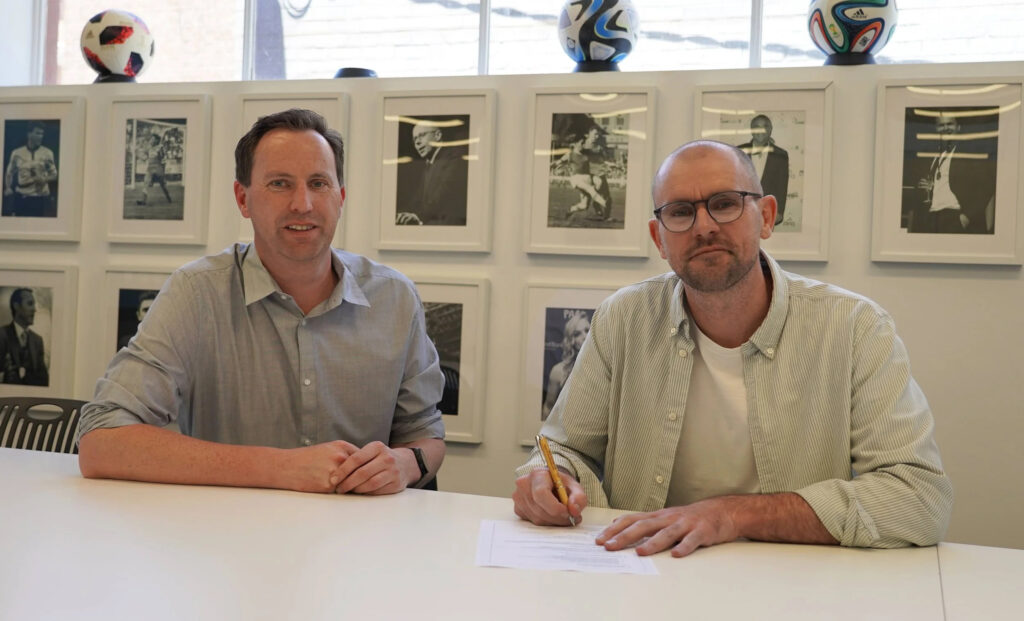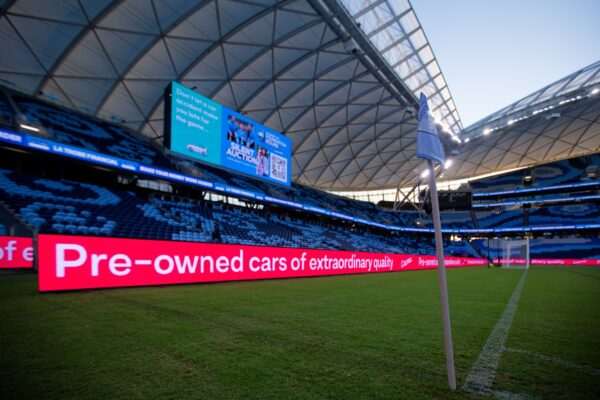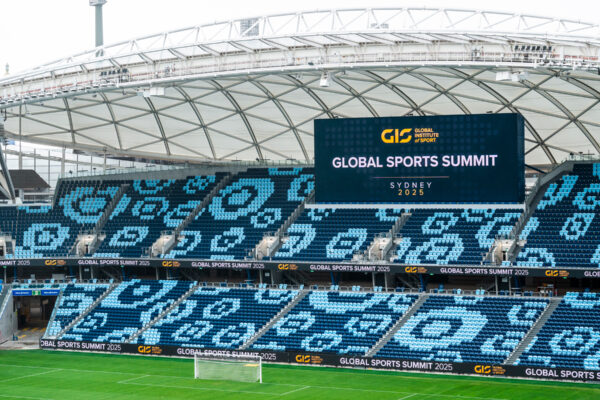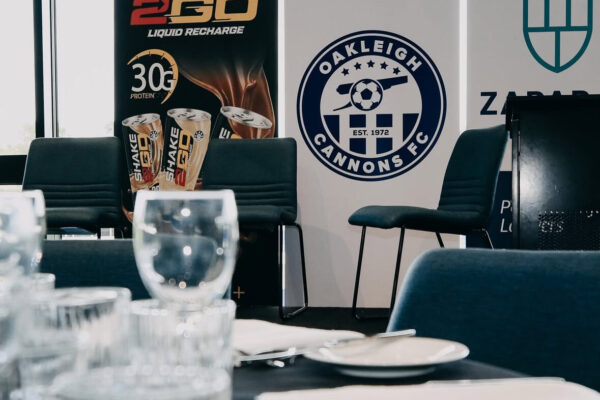
Liverpool CEO Billy Hogan has indicated that the new upper deck of the Anfield Road Stand would not be finished until 2024.
Hogan updated supporters on the extension project after the English Premier League football club last month hired Rayner Rowen Construction to complete the last stages of construction.
The appointment was made when Buckingham Group Contracting, the developer in charge of overseeing the rebuilding of Liverpool’s Anfield stadium, went bankrupt.
The new tier, which will increase Anfield’s capacity by 7,000 seats to more than 61,000, was initially expected to be ready for the 2023-24 season. However, delays and a change of contractor means there is a reduced capacity of around 51,000.
Hogan addressed the topic by outlining the updated schedule for the projects completion.
“Over the course of the last few days it has become clear that in order to complete a thorough assessment of that project completion timeline, it’s going to take longer than really we first thought,” he said in a statement.
“Ultimately, what that means for supporters is that until we have visibility of all the information needed, we’re going to have to maintain the status quo for the remainder of the calendar year, essentially meaning capacity at Anfield will remain the same as for the previous home games that we’ve seen this season, with the lower tier of the stand remaining open and the upper tier remaining closed until the end of the calendar year.”
Hogan added that Rayner Rowen Construction “really needs the time to complete the information gathering before we commit to any new project timeline” in the new year.
He also confirmed that fans who had bought tickets for seats in the upper tier for games before the end of the year – including the Merseyside derby against Everton – would be contacted by the club. Not the smoothest of operations from the Premier League giants, however the situation is being handled in the most logical way possible without severely disturbing fans of the club.



